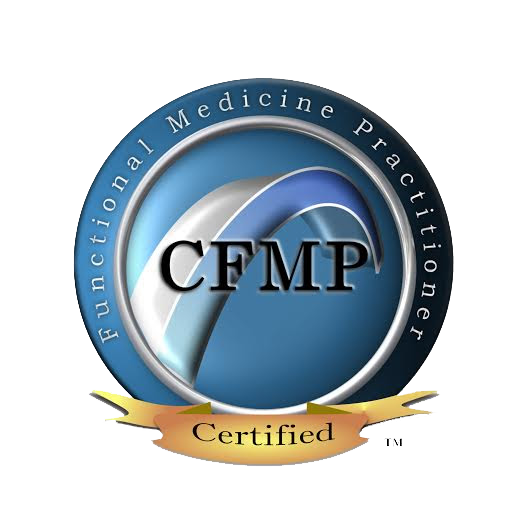
Body Mass Index is broken down in four categories:
- Underweight 18.5 or less
- Normal 18.5 – 24.9
- Overweight 25.0 -29.9
- Obese 30.0 or higher
In general, people with a BMI in the overweight or obese category means that they will have a greater chance of developing one of these diseases:
- Hypertension
- Dyslipidemia
- Type 2 Diabetes
- Coronary Heart Disease
- Stroke
- Gallbladder Disease
- Osteoarthritis
- Sleep Apnea
- Some Cancers
- Premature Death
- Gout
The higher the BMI the greater the chance a person has of getting these conditions. For example, someone with a BMI in the obese category has a 50 to 100% increased risk of death compared to someone with a BMI in the normal range. 70% of the risk of developing diabetes is linked to being overweight. Conversely, if a person is overweight and has one or more of these conditions, but then lose weight he/she has a good shot at conquering the disease. Losing as little as 10% can have an impressive effect on decreasing the risk of:
- Hypertension
- Dyslipidemia
- Stroke
- Heart Disease
- Certain Cancers
What Does it Mean?
As I mentioned, Body Mass Index requires interpretation. The BMI score is a rough number and needs to be factored in with more information in order to have real meaning. For example, a person with a muscular build will have a high BMI, because the BMI does not take into account lean muscle mass. Also, BMI is not helpful for pregnant or breastfeeding women, nor is it helpful for kids.
While Body Mass Index has its limitations, it is a good tool. If the BMI is too high, it is time to see a doctor and have it interpreted. Lab work, an examination, and a good history of a patient are the key elements to guiding a physician.
Next time you’re in my office, we would be happy to calculate your BMI and blood pressure as part of your care. Many people may not realize that a chiropractor could help with things like Body Mass Index and blood pressure. However, over the last 20 years I have helped my patients with a wide variety of health problems, from chronic ear infections in kids to chronic fatigue issues in adults and a whole lot in between. What chiropractors don’t do is drugs or surgery. I like to think of myself as an alternative family doctor, offering a different approach to mainstream medical treatment. Sometimes drugs are necessary, but often the path to health can be achieved without drugs or surgery.
Do you have any questions or comments? I would love to interact with you here in the comment section!



